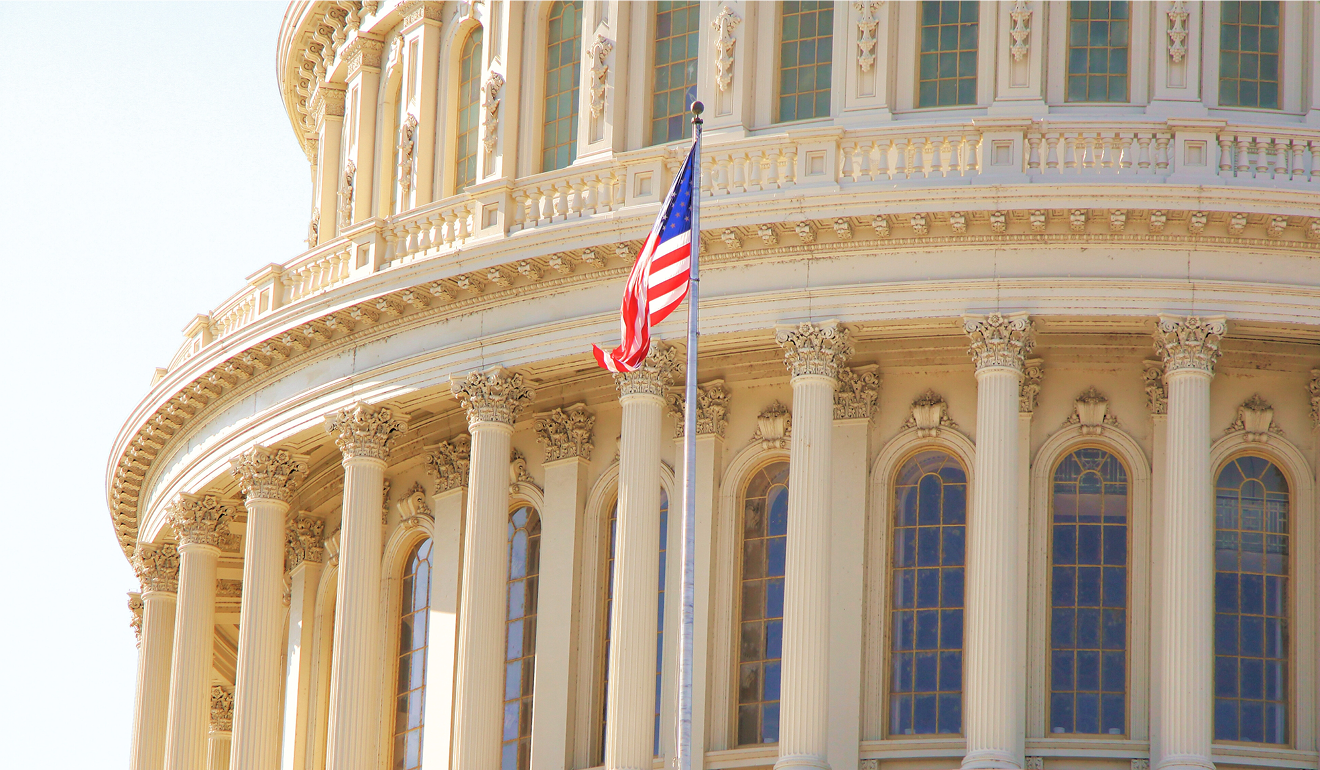HLC’s 2024 Advocacy Agenda, organized by the six strategic directions from HLC’s strategic plan, EVOLVE, provides the membership with the organization’s position on policy issues. HLC encourages institutions to review the Advocacy Agenda and use it for their own purposes. Contact HLC at [email protected] with comments or questions.
U.S. Congress
A new Workforce Pell Grant bill has been introduced in the U.S. House of Representatives and was advanced out of the Committee on Education and the Workforce on a strong bipartisan vote in December. This is the fourth Workforce Pell Grant bill introduced in the current session of Congress. The Bipartisan Workforce Pell Act (H.R. 6535) would expand Pell Grants to cover eligible short-term programs that are at least 150 clock hours in length or equivalent and are offered over a minimum of eight weeks, but not more than 15 weeks. Program eligibility would be determined by three entities: a state board under the Workforce Innovation and Opportunity Act (WIOA), a U.S. Department of Education (USDE) recognized accreditor, and the USDE itself.
State boards would determine if programs align with high-skill, high wage, or in-demand industries or occupations; meet requirements of employers; and ensure that professional licensure or certification can be met in the state(s) where the program is offered.
Accreditors whose scope includes such programs would be required to have a process in place to determine the capability of institutions to offer the programs and determine if they lead to a recognized credential that is portable across employers, and for which academic credit is awarded and transferable.
USDE would determine if a program meets completion and job placement rates; does not charge more than the “value-added” earnings of students; and, that within three years of completion, the earnings of program completers exceed the annual median earnings of individuals aged 25 to 34 in the state in which the program is located that have only a high school diploma.
Students may be eligible for Pell and Workforce Pell Grants if they are accepted for enrollment in a Workforce Pell program and have not obtained or been accepted for or are not enrolled in a master’s degree, doctoral degree or other post-graduate program.
HLC will continue to monitor the bill’s progress in Congress.
U.S. Department of Education
New Federal Regulations
On October 31, the USDE published its final rule on Financial Responsibility, Administrative Capability, Certification Procedures, [and] Ability To Benefit (ATB). The rule goes into effect July 1, 2024. Title IV issues addressed in the rule include ability to benefit, administrative capability, gainful employment, financial responsibility, changes in ownership, certification procedures, and the 90/10 rule. The Biden administration released this fact sheet that summarizes the major issues addressed by the rule.
New Negotiated Rulemaking Committee
The USDE announced its intent to establish a new rulemaking committee to negotiate topics including accreditation, state authorization, distance education, student financial aid return of Title IV and cash management, and TRIO program eligibility. Negotiators from 15 constituency groups, including institutional accreditors, will be represented with negotiations starting in January 2024 and continuing into March.
Biden Administration USDE Rulemaking Summary
Below is a summary of recently concluded or upcoming USDE rulemaking committees and the published information available.
Affordability and Student Loans Committee (Concluded)
Rule 10/28/2022 10/28/2022
Rule: Improving Income Driven Repayment for the William D. Ford Federal Direct Loan Program and the Federal Family Education Loan (FFEL) Program 7/10/2023
Institutional and Programmatic Eligibility Committee (Concluded)
Rule: Financial Value Transparency and Gainful Employment 10/10/2023
Rule: Financial Responsibility, Administrative Capability, Certification Procedures, Ability To Benefit (ATB) 10/31/2023
Student Loan Debt Relief Committee (Concluded December 2023)
This rulemaking committee concluded its negotiations in mid-December and therefore no rule has been published yet. This USDE issue paper on legal powers and responsibilities for federal student loan debt informed the negotiations.
Program Integrity and Institutional Quality Committee (Starting January 2024)
The USDE released the agenda, five issues papers for this rulemaking session, and seated the negotiators. The issues include cash management, state authorization, distance education, return of Title IV funds (RT24), and accreditation.
Questions?
Contact HLC at [email protected].
Keep Reading
Latest Issue:
-
BGD Says
-
Comment on Proposed Policy Changes
-
Elevating Student Success in 2025
-
Higher Learning 2025: Register Now
-
Revised Criteria for Accreditation FAQs
-
HLC’s Opportunities for International Engagement
-
HLC Assessment Academy Holds Oct. 2024 Graduation
-
Advocacy and Higher Ed Policy Update
-
National Humanities Medal Awarded to HLC Board of Trustees Member
-
Q&A with Academy Mentor & Peer Reviewer Chandra Arthur

